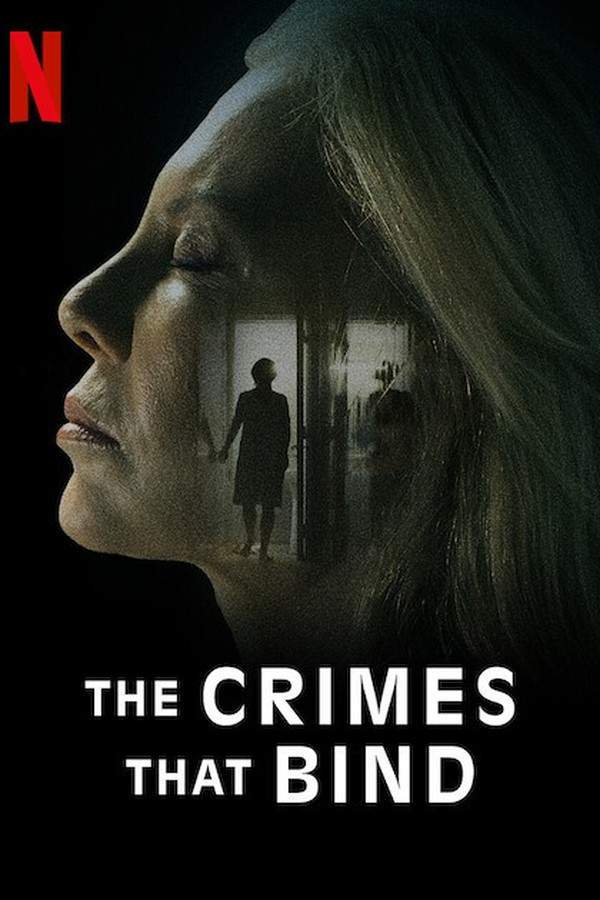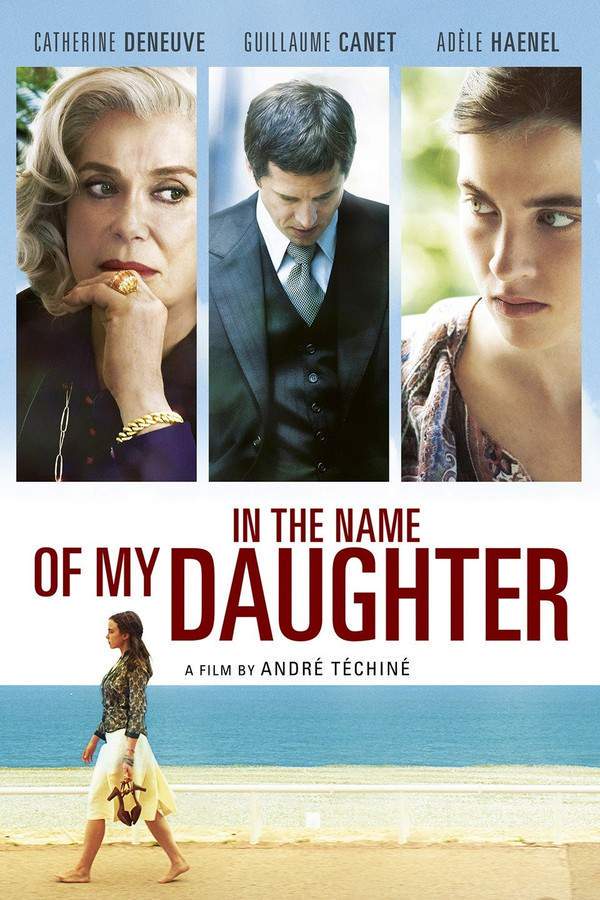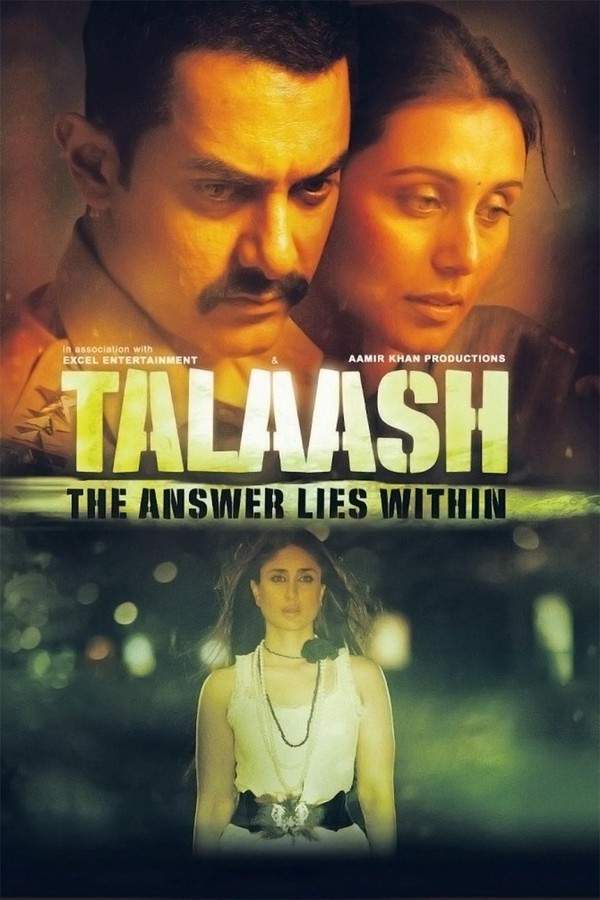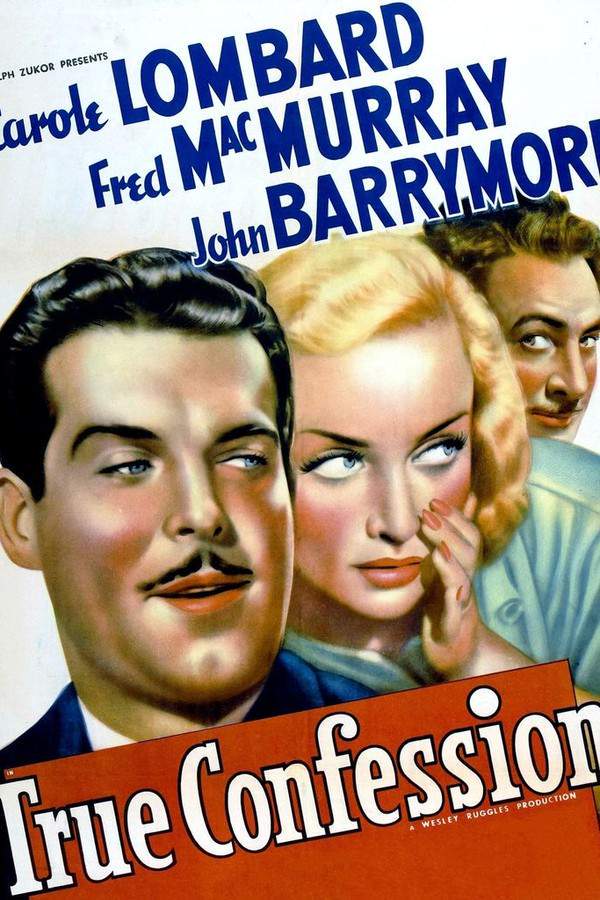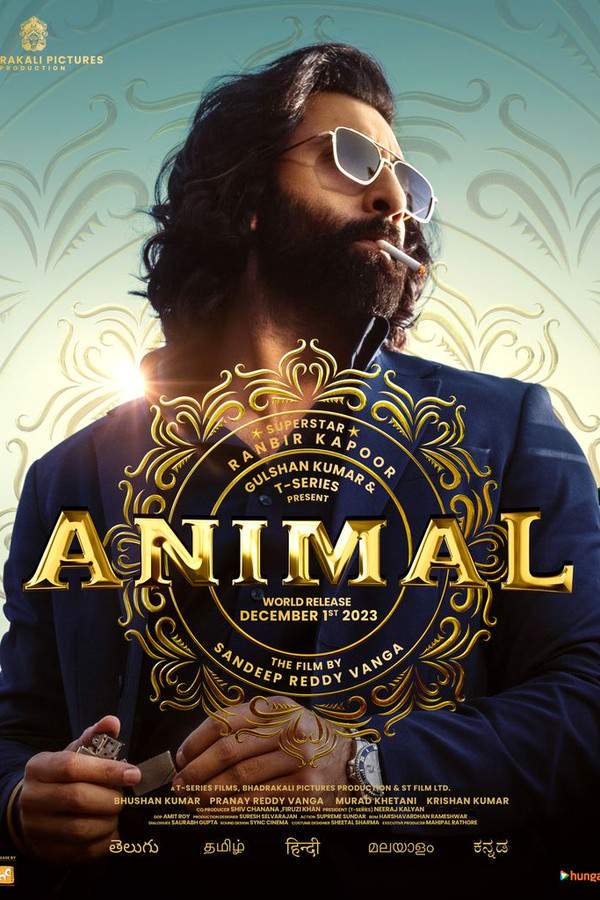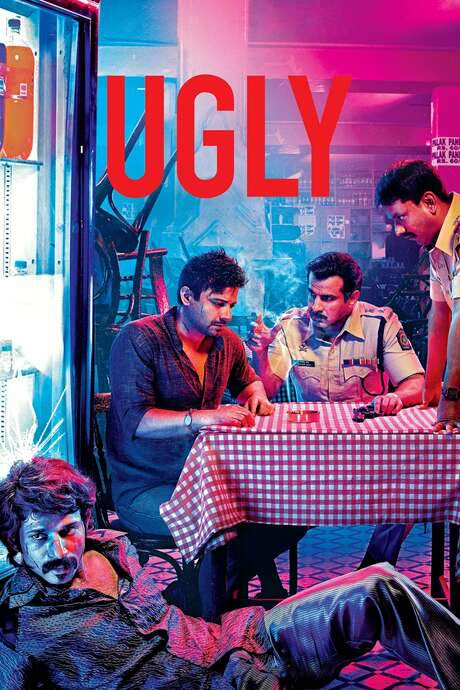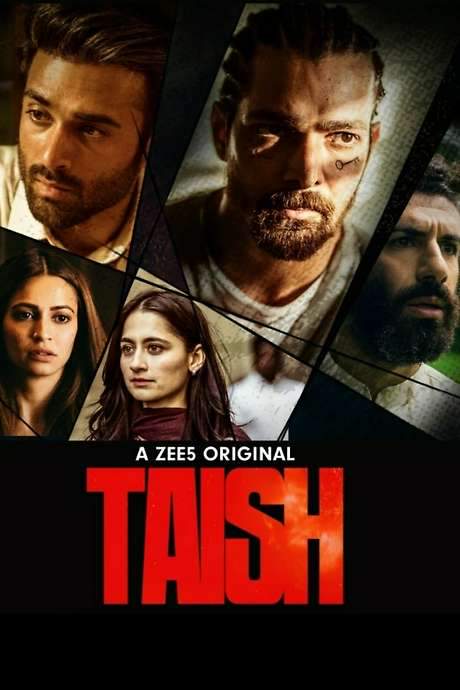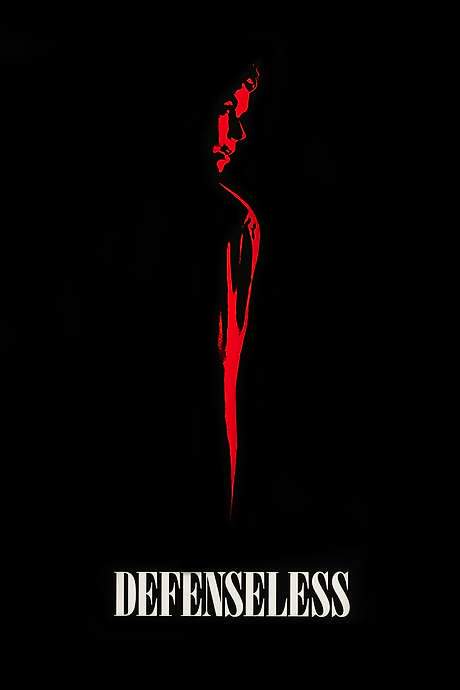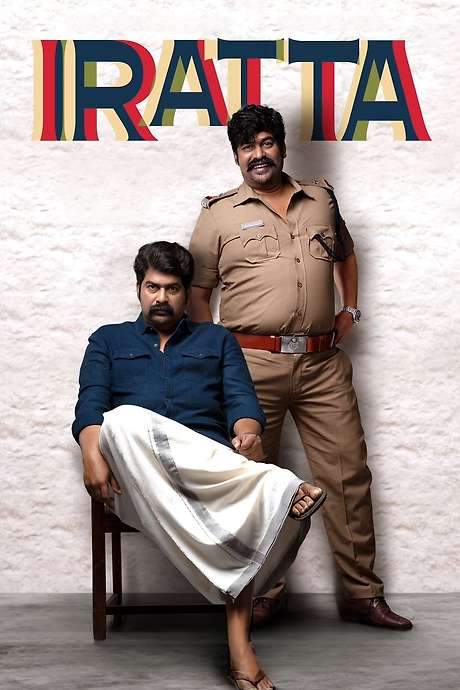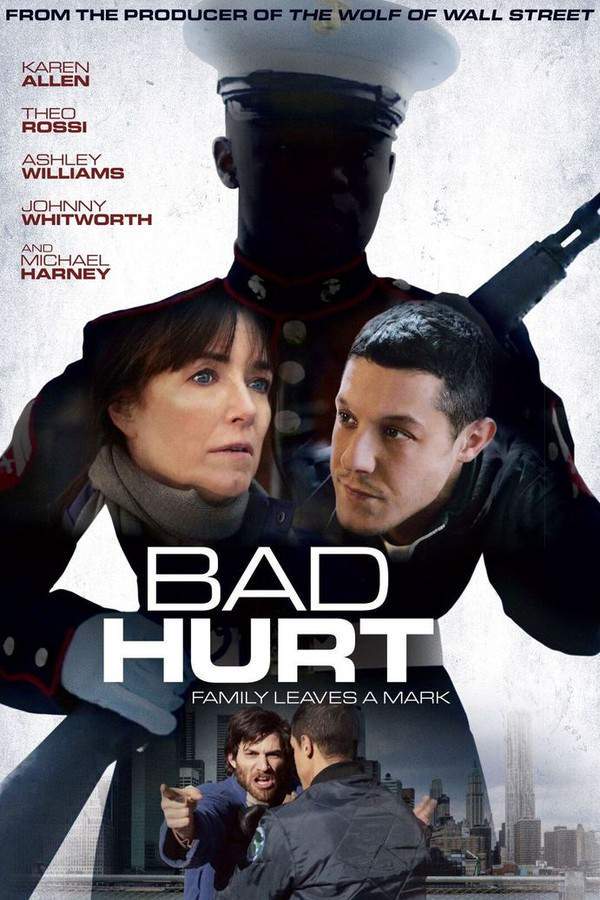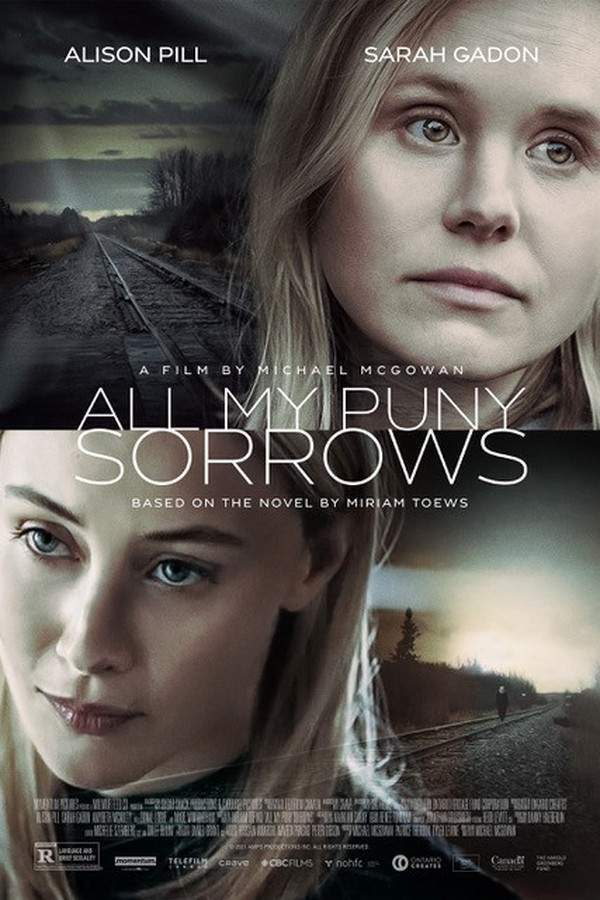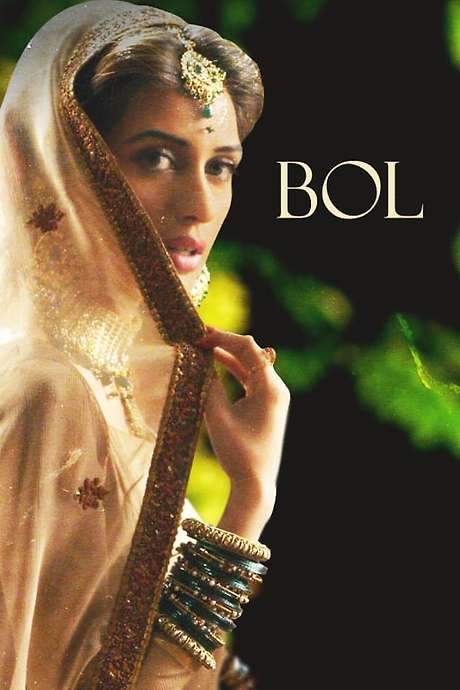
Bol
Year: 2011
Runtime: 165 mins
Language: Urdu
Director: Shoaib Mansoor
If taking a life is a crime, why is giving a life not a crime? The patriarch of a religious Muslim family refuses to accept his intersex child, tearing his family apart.
Warning: spoilers below!
Haven’t seen Bol yet? This summary contains major spoilers. Bookmark the page, watch the movie, and come back for the full breakdown. If you're ready, scroll on and relive the story!
Bol (2011) – Full Plot Summary & Ending Explained
Read the complete plot breakdown of Bol (2011), including all key story events, major twists, and the ending explained in detail. Discover what really happened—and what it all means.
The film opens with a woman in jail, Zainab, about to be hanged. A man beside her urges her to speak up and tell her story, promising that it could change lives. At the president’s office, a form is signed to appeal the death sentence, and another form is approved to allow media to record Zainab’s story at the hanging site if the appeal is denied. The scene shifts to the moment before the execution, where her five sisters and mother gather for a final, emotional farewell as a crowd of reporters gathers to document the event. From the hang point, Zainab faces the cameras and begins to recount her life, a story that unfolds against a backdrop of family, faith, and power.
Her childhood begins in a household with a large, devoted family, where her father, Hakim, holds traditional beliefs about gender roles. The family includes a much-watched intersex child, Syed Saifullah Khan, or Saifi, who is deeply loved despite the father’s discomfort. Hakim’s stubborn stance about Saifi’s place in the family contrasts with how the rest of the clan cherishes the child. As Zainab grows up, she marries a man who harasses her for not bearing children, prompting her to return to her father’s home. Her mother endures miscarriages, and Zainab arranges tubal ligation to spare her parents further heartbreak. The escalating tension reveals a man of faith who also guards a complicity with money: Hakim runs a small pharmacy, supports the mosque’s needs, and becomes entangled in a web of moral compromises.
The plot thickens when Saqa Kanjar, a figure connected to a brothel, enters Hakim’s circle, and the mosque assigns him funds in trust. Saifi’s life becomes a flashpoint: Saifi is harassed at a truck-painting job, and a rape changes the course of many lives. An intersex ally helps Saifi, but Hakim’s reaction is to attempt to shield the family from scandal while also trying to protect his own future. When Hakim learns of Saifi’s truth, he commits a violent act—suffocating Saifi with a plastic bag—and then bribes a police officer to keep it quiet, dipping into masjid funds to cover the crime. The pressure mounts as the mosque demands repayment, pushing Hakim toward a desperate bargain.
Saqa Kanjar proposes another option: Hakim must marry and have a baby with Meena, Saqa’s oldest daughter. Saqa’s grim calculus—“the men decide the sex of the baby”—frames Hakim’s new choices. Hakim then agrees to marry Meena, while Hakim learns of Ayesha’s marriage arrangement to a different man arranged by Hakim’s own machinations at the masjid. Meena becomes pregnant, but the baby is a girl, which aligns with Saqa’s plans to keep the girl and secure Saqa’s lineage. Hakim pleads for the baby’s safety, but Saqa rebuffs him and casts him out.
Meena eventually returns with Hakim’s family to present the baby. When Hakim’s wife asks about the mysterious visitor, Hakim misleads her by claiming the baby belongs to his new marriage, and violence follows. The family’s instability pushes them to relocate, seeking a fresh start away from Hakim’s increasingly dangerous world.
Saqa’s influence continues as he arrives to claim Meena’s daughter, and Hakim lashes out, attempting to kill the infant to spare the child a grim future. In a confrontation that mirrors the film’s dark moral questions, Zainab strikes Hakim, killing him, and the two bury the baby’s fate deep in secrets. Zainab then tells Saqa that Hakim killed the baby and that she killed Hakim, a confession that seals her fate as she is caught in a cycle of truth-telling and punishment.
Back in the present, a determined reporter persists in trying to prove Zainab’s innocence, but the evidence remains elusive. The narrative returns to the question at the heart of the story: why is killing considered a sin, while bearing children under desperate and dangerous circumstances is treated as a non-sinful act when the family’s future is at stake? The president, moved by the public discourse, schedules a discussion on the same topic: jab khila nahi saktey tow paida kiyun karty ho.
In the aftermath, Zainab’s sisters channel their grief into resilience, opening a restaurant called Zainab’s Cafe. The venture becomes a beacon of hope and a means to support Meena’s daughter, the child Saqa’s world once threatened. The restaurant’s success marks a quiet triumph for a family that refused to be erased by tragedy. The final scenes follow Meena, now accompanied by a companion, entering the cafe and finding her daughter among the circle of women who have rebuilt their lives, a testament to endurance, sisterhood, and the possibility of renewal amidst enduring hardship.
jab khila nahi saktey tow paida kiyun karty ho
Why is only killing a sin? Why is giving birth without any family planning, not a sin?
- The ending emphasizes transformation over vengeance, turning tragedy into a shared space of community and new beginnings through Zainab’s Cafe and the family’s ongoing solidarity.
Last Updated: October 09, 2025 at 15:33
Explore Movie Threads
Discover curated groups of movies connected by mood, themes, and story style. Browse collections built around emotion, atmosphere, and narrative focus to easily find films that match what you feel like watching right now.
Intense Moral Crime Dramas like Bol
Stories where desperate acts arise from rigid beliefs and social injustice.If you were gripped by the moral dilemma and tragic crime in Bol, explore these other powerful films. This list features movies like Bol that examine desperate acts born from rigid belief systems and social injustice, creating heavy, thought-provoking drama.
Narrative Summary
The narrative typically begins with a character trapped by an oppressive system—often familial or religious. Their attempts to resist or survive lead to a climactic, morally ambiguous crime, followed by a tense aftermath exploring guilt, punishment, and the broader societal failure.
Why These Movies?
Movies in this thread are united by their focus on crime as a symptom of deeper societal ills. They share a dark tone, high emotional intensity, and a steady, deliberate pacing that allows the moral weight of the situation to fully sink in, leading to bittersweet or tragic conclusions.
Powerful Stories of Resilience like Bol
Heartbreaking journeys where characters endure immense pain but find a glimmer of hope.For viewers moved by the heartbreaking suffering and resilient spirit in Bol, this collection offers similar emotional journeys. Discover movies like Bol that feature characters enduring immense hardship, showcasing strength and leaving a legacy of hope after tragedy.
Narrative Summary
These stories follow a character or family through a relentless series of hardships and injustices. The narrative arc is less about triumph and more about survival and the preservation of dignity. The ending often provides a small but significant note of hope, change, or inspiration born from the protagonist's sacrifice or endurance.
Why These Movies?
They are grouped by their heavy emotional weight and the central theme of resilience amidst darkness. They share a gripping, heartbreaking mood, a steady pace that allows the suffering to feel palpable, and a bittersweet emotional resolution that acknowledges the pain while honoring the strength to endure it.
Unlock the Full Story of Bol
Don't stop at just watching — explore Bol in full detail. From the complete plot summary and scene-by-scene timeline to character breakdowns, thematic analysis, and a deep dive into the ending — every page helps you truly understand what Bol is all about. Plus, discover what's next after the movie.
Bol Timeline
Track the full timeline of Bol with every major event arranged chronologically. Perfect for decoding non-linear storytelling, flashbacks, or parallel narratives with a clear scene-by-scene breakdown.

Characters, Settings & Themes in Bol
Discover the characters, locations, and core themes that shape Bol. Get insights into symbolic elements, setting significance, and deeper narrative meaning — ideal for thematic analysis and movie breakdowns.

Bol Spoiler-Free Summary
Get a quick, spoiler-free overview of Bol that covers the main plot points and key details without revealing any major twists or spoilers. Perfect for those who want to know what to expect before diving in.

More About Bol
Visit What's After the Movie to explore more about Bol: box office results, cast and crew info, production details, post-credit scenes, and external links — all in one place for movie fans and researchers.


